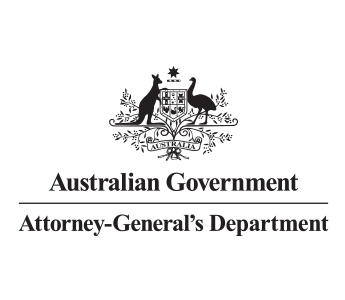Train staff to be effective fraud analysts and investigators
Summary
Provide staff with the knowledge and skills required to analyse and investigate different types of fraud.
Why this countermeasure matters
The prosecution must prove every element of an offence beyond reasonable doubt to convict someone. Poor or no staff training may lead to:
- less effective investigations
- important details being missed
- prosecutions being impacted.
How you might apply this countermeasure
Some ways to implement this countermeasure include making sure staff employed in compliance, investigations and fraud control:
- hold the minimum required qualifications as outlined in the Australian Government Investigations Standards and Commonwealth Fraud and Corruption Control Framework 2024
- have the necessary technical or specialist skills and qualifications to perform their role
- have a good understanding of your organisation’s programs and functions.
How to check if your countermeasures are effective
To measure the effectiveness of this type of countermeasure:
- analyse human resources data on training /qualifications for fraud investigators (this information is also reported to the Australian Institute of Criminology (AIC) for their annual ‘Fraud against the Commonwealth’ census)
- benchmark results against:
- Australian Government Investigations Standards
- Similar departments (see AIC Fraud Against the Commonwealth Report)
- benchmark results against:
- review any additional training/qualifications provided to fraud analysts and investigators
- review training and qualifications to see if they conform to national guidelines and frameworks
- undertake a Training Needs Analysis with analysts and investigators. Confirm the training/qualifications are adequate for the type of fraud threats involved
- survey analysts and investigators to decide if they have the level of confidence to investigate the specific type of fraud
- review the Australian Public Service Commission Census results for teams involved in analysing and investigation fraud and check if staff feel they receive adequate training and support.
Related countermeasures
This type of countermeasure is supported by:
Establish governance, accountability and oversight of processes by using delegations and requiring committees and project boards to oversee critical decisions and risk. Good governance, accountability and oversight increases transparency and reduces the opportunity for fraud.
Collaborate with strategic partners such as other government entities, committees, working groups and taskforces. This allows you to share capability, information and intelligence and to prevent and disrupt fraud.
Develop clear instructions and guidance for activities and processes, such as instructions for collecting the right information to verify eligibility or entitlements, procedures to help staff apply consistent and correct processes and guidance to help staff make correct and ethical decisions.
Conduct quality assurance activities to confirm that processes are being followed correctly and to a high standard and/or that material or goods are what they are claimed to be.
Quality assurance checks not only improve processing standards, they can also detect potentially fraudulent activity and are a significant deterrent to fraud.
Coordinate disruption activities across multiple programs or entities to strengthen processes and identify serious and organised criminals targeting multiple programs. It can also include referrals to law enforcement agencies for those groups that reach the threshold for complex criminal investigations.


